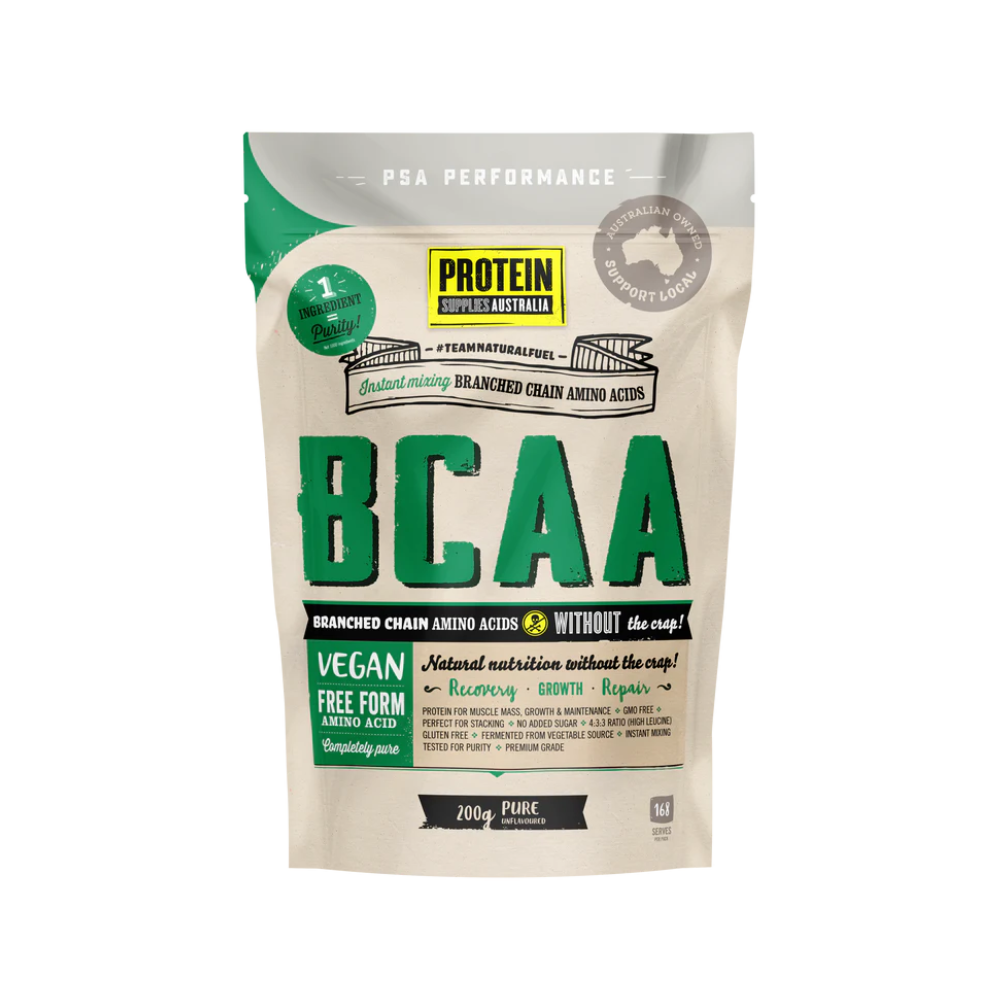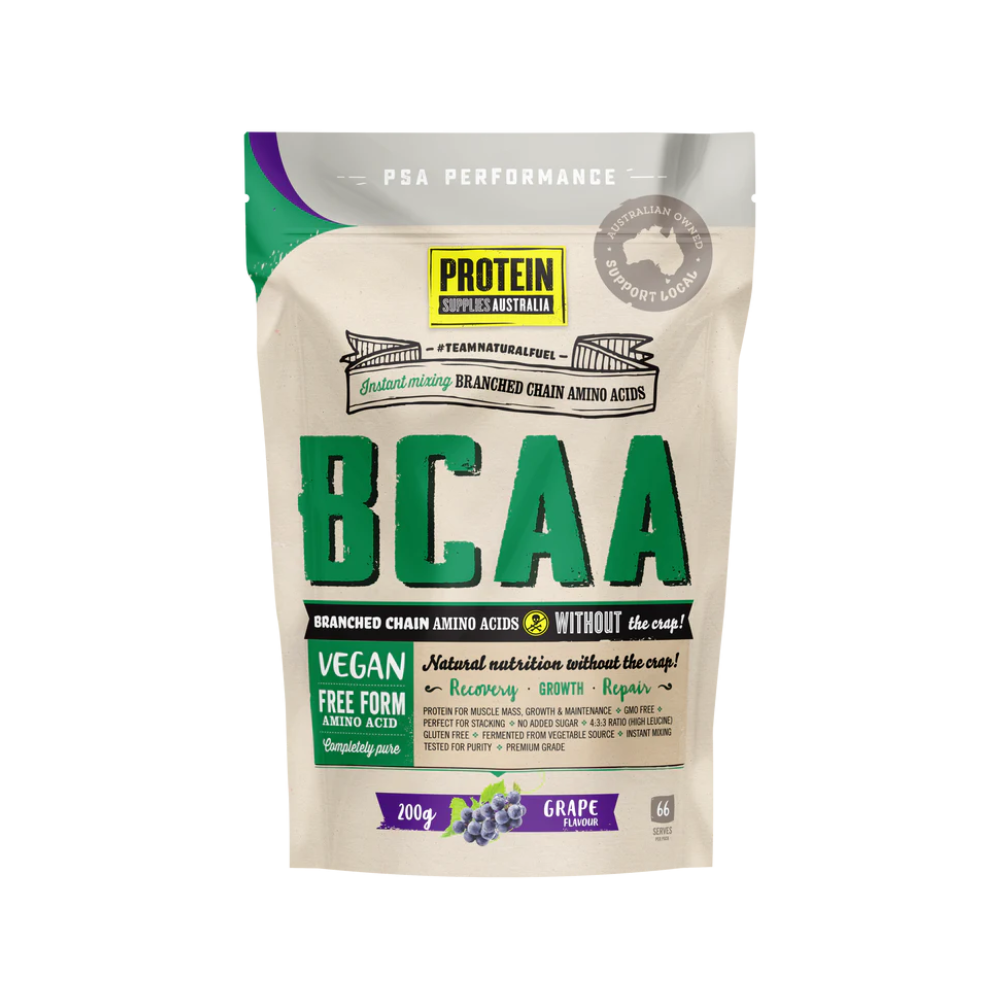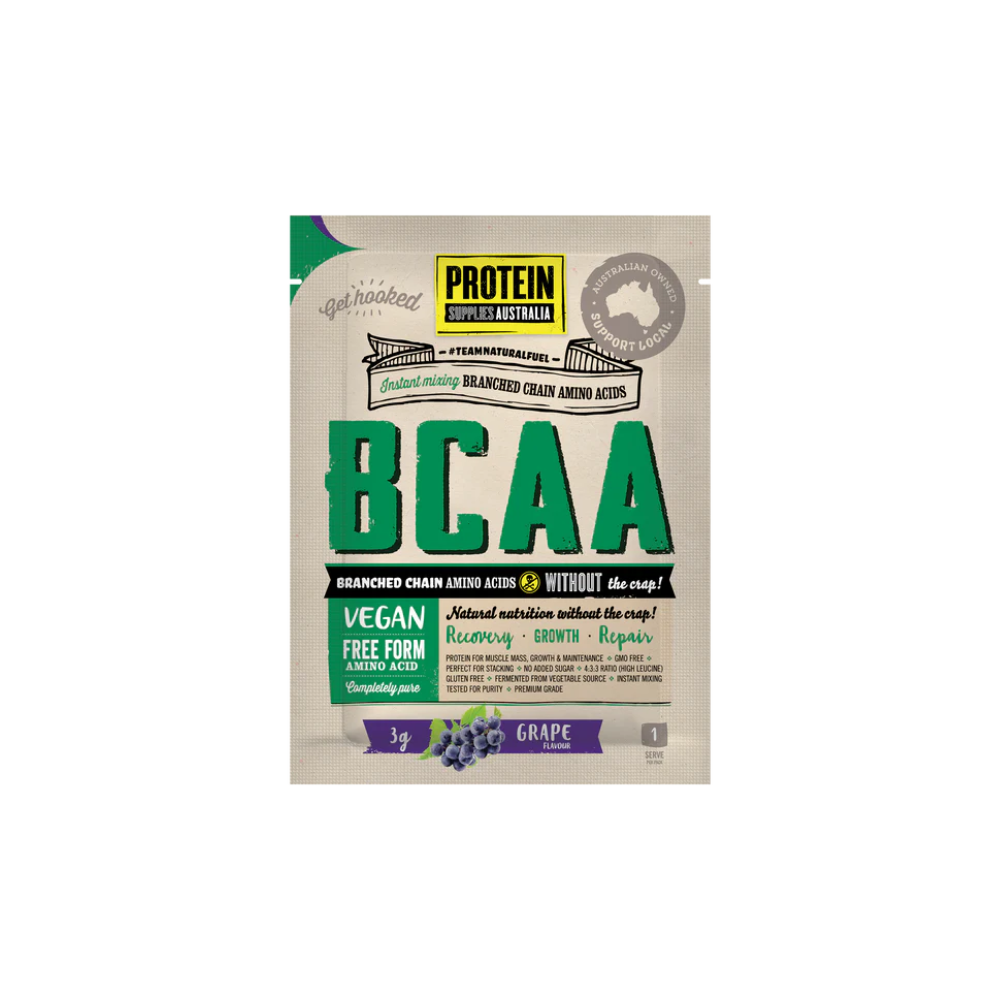Whether you’re a seasoned athlete, an active professional, or someone managing health conditions like liver disease, branched chain amino acids (BCAAs) can offer powerful support. Aromatic amino acids (AAAs) such as tryptophan, phenylalanine, and tyrosine are also crucial, especially in the context of liver disease and neurological function, where balancing AAAs with BCAAs is essential.
These essential amino acids—leucine, isoleucine, and valine—are well known for their ability to promote muscle protein synthesis, enhance muscle recovery, and prevent muscle wasting. But their health benefits go even further, with growing research highlighting their role in supporting liver health and improving outcomes in cases of traumatic brain injury and other subacute health outcomes.
In this comprehensive guide, we’ll explore the many bcaa benefits, the science behind chain amino acids BCAAs, and why they are considered one of the most valuable amino acid supplements available today.
What Are Branched Chain Amino Acids (BCAAs)?
BCAAs are made up of three of the nine essential amino acids, including leucine, isoleucine, and valine, which must be obtained through diet or supplementation since the body can’t produce them naturally.
These amino acids are categorised as branched chain due to their unique chemical structure, which allows them to bypass liver metabolism and be directly metabolised in the muscles. This unique feature gives BCAAs a direct role in protein metabolism and muscle protein synthesis, making them crucial for those seeking to build or maintain muscle mass.
These specific amino acids are found naturally in protein rich foods such as meat, fish, eggs, and dairy products, but they’re also widely available as dietary supplements in powder or capsule form, commonly referred to as a bcaa supplement.
BCAA Benefits for Muscle Growth and Strength Gains
When it comes to muscle growth, BCAAs are among the most studied and trusted amino acid supplements in sports nutrition. Leucine, in particular, is known to stimulate muscle protein synthesis by activating the mTOR pathway—a key regulator of cell growth and muscle-building processes.
This is crucial for anyone looking to gain muscle mass, especially when paired with resistance training or intense physical activity.
Why Muscle Protein Synthesis Matters
Muscle protein synthesis is the process by which your body repairs and builds new muscle proteins. After exercise, especially strength training or weightlifting, the body needs adequate amino acids to repair damaged muscle fibres and build them back stronger.
Supplementing with bcaa supplements ensures your muscles have a steady supply of these essential amino acids, giving you a head start on recovery and muscle growth.
How BCAAs Complement Protein Intake
It’s important to note that while BCAAs play a vital role, they work best when combined with a diet rich in other essential amino acids.
Whole proteins—like whey protein, lean meats, and dairy products—provide a complete amino acid profile, allowing for maximal muscle protein synthesis. However, for those who struggle to get enough protein through food alone, bcaa supplementation can fill the gap.
Reduce Muscle Soreness and Support Faster Recovery
If you’ve ever felt sore for days after a tough workout, you’re not alone. This common post-workout discomfort is known as delayed onset muscle soreness (DOMS). It typically peaks 24–72 hours after exercise and can be a real barrier to staying consistent with your exercise routine.
How BCAAs Reduce Soreness and Muscle Damage
Research shows that bcaa supplements can reduce the severity and duration of DOMS by decreasing muscle damage and reducing inflammation. By lowering levels of creatine kinase—an enzyme that indicates muscle damage—BCAAs help speed up muscle recovery, enabling you to return to training sooner with less discomfort.
This beneficial effect is particularly useful for athletes who train frequently, as well as military personnel who often undergo intense physical challenges with limited time for recovery.
Prevent Muscle Wasting and Promote Long-Term Muscle Health
One of the most critical health benefits of BCAAs is their role in preventing muscle wasting, also known as muscle catabolism. This condition occurs when muscle breakdown outpaces muscle protein synthesis, leading to a gradual loss of muscle mass.
Who Is at Risk for Muscle Wasting?
-
Older adults experiencing age-related muscle loss (sarcopenia)
-
Individuals recovering from injury or illness
-
Patients with chronic diseases such as cancer or liver disease
-
People undergoing prolonged fasting or severe calorie restriction
In these cases, bcaa supplementation can help maintain muscle mass and improve strength, mobility, and overall health outcomes. Maintaining muscle proteins is not only important for physical performance but also for metabolic health and injury prevention.
Health Benefits of BCAAs for Liver Disease and Hepatic Encephalopathy
Beyond muscle support, BCAAs have significant therapeutic potential in treating liver disease. People with cirrhosis often experience reduced protein metabolism, leading to decreased muscle mass and muscle wasting.
They are also at risk of developing hepatic encephalopathy, a condition where the liver can’t effectively remove toxins from the bloodstream, affecting brain function.
How BCAAs Support Liver Health
Studies have shown that bcaa supplementation can improve symptoms of hepatic encephalopathy by lowering ammonia levels and improving mental clarity.
They also help prevent muscle breakdown, which is vital in managing chronic liver disease. Some evidence even suggests that BCAAs may reduce the risk of liver cancer in patients with cirrhosis, further demonstrating their health benefits.
According to recommendations by the National Academies, BCAAs are a valuable nutritional intervention for people with liver disease, contributing to improved health outcomes and quality of life.
Improving Acute Performance for Athletes and Military Personnel
For athletes, bodybuilders, and military personnel, maintaining endurance and cognitive focus during intense activities is key. Branched chain amino acids can play a role in improving acute physical and mental performance by delaying the onset of central fatigue.
How BCAAs Fight Central Fatigue
During prolonged exercise, BCAA levels in the blood drop, causing a rise in tryptophan uptake in the brain. This, in turn, increases serotonin production, contributing to feelings of fatigue. By maintaining high concentrations of BCAAs, you can limit this process and stay sharp for longer.
This makes BCAAs especially useful for endurance athletes, military personnel, and those engaged in long, physically demanding tasks.
Are BCAA Supplements Safe?
Generally, bcaa supplements are considered safe when taken as directed. The National Academies Press and other reputable organisations acknowledge the health benefits of these supplements, but caution against excessive intake, which may lead to adverse effects like nausea or potential imbalances with certain amino acids.
Can BCAAs Interact with Certain Drugs?
Yes, BCAAs may alter levels of neurotransmitters or interact with certain drugs, particularly those affecting brain function or metabolism. Always consult a healthcare provider if you’re on medication or managing chronic health issues before starting bcaa supplementation.
The Best Dietary Sources of BCAAs
Here are some of the best natural sources of BCAAs:
|
Food |
Serving Size |
BCAA Content |
|---|---|---|
|
Chicken breast |
100g |
5.5g |
|
Ground beef (90% lean) |
100g |
4.5g |
|
Canned tuna |
100g |
4.6g |
|
Salmon |
100g |
4.0g |
|
Greek yoghurt |
1 cup (227g) |
4.1g |
|
Eggs |
2 eggs |
2.6g |
|
Parmesan cheese |
28g |
2.2g |
|
Milk (1%) |
237ml |
1.7g |
Including a variety of these protein rich foods in your diet ensures you get a complete spectrum of essential amino acids, including the three BCAAs, without needing to rely solely on supplements.
Final Thoughts on the Benefits of BCAAs
The bcaa benefits extend well beyond the gym. From stimulating muscle protein synthesis to supporting liver health and improving athletic performance, branched chain amino acids play a vital role in promoting overall health and wellbeing.
While bcaa supplementation can offer targeted support for muscle growth, muscle recovery, and managing liver disease, they are most effective when used as part of a balanced nutrition strategy.
Whether you’re an athlete, a healthcare professional, or simply interested in improving your health outcomes, BCAAs are a well-researched, effective option.





What You Need to Know About Collagen Benefits
Collagen Peptide Benefits: The Complete Guide to Healthier Skin, Joints, and More